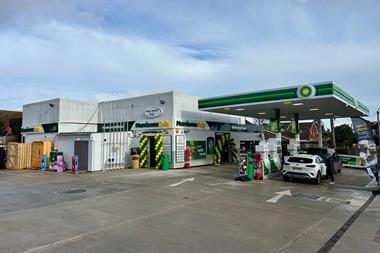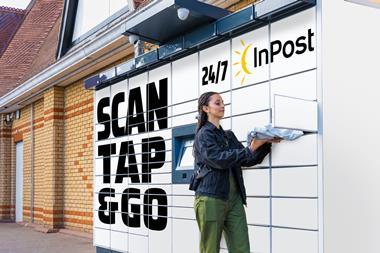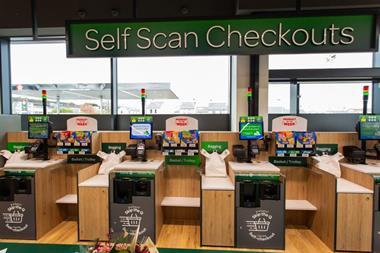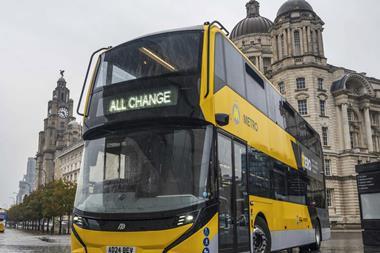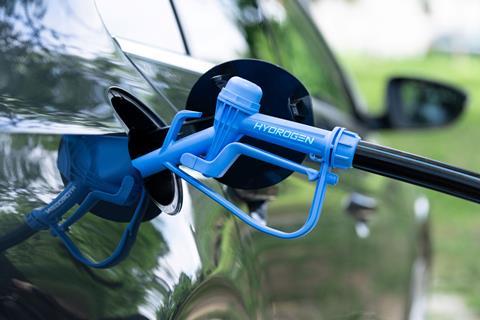
With more hydrogen-powered commercial vehicles coming into service, a study has been launched into how hydrogen refuelling stations – including at existing petrol forecourts – can be integrated into the UK’s existing gas network.
The research has been commissioned by independent gas supplier Wales & West Utilities (WWU), which operates the gas distribution network across Wales and Southwest England.
WWU says the work is being carried out “in anticipation of increased demand for zero emissions vehicles” and to “consider infrastructure solutions which increase the viability of FCEVs”.
Hydrogen-powered vehicles, known as fuel cell electric vehicles or FCEVs, are more environmentally friendly than conventional models because their emissions comprise only water vapour and warm air. They use a similar propulsion system to electric vehicles. However, they use a fuel cell to convert hydrogen, stored in a tank, to electricity, and, unlike their battery-powered counterparts, can be fuelled in five minutes from a pump, similar to a petrol or diesel vehicle.
WWU’s study is part of an initiative called HyDrive that seeks to “address the lack of hydrogen refuelling infrastructure” across the region. It will recommend potential locations where petrol stations could be converted to hydrogen refuellers.
Engineering group Costain will conduct the study, which is being funded by utilities regulator Ofgem.
Laura Hughes, energy sector director at Costain, said hydrogen has an important role to play in the UK’s decarbonisation ambitions. “Through its HyDrive initiative, Wales & West Utilities is leading the way and our research will help improve understanding of the hurdles which need to be overcome to make hydrogen-powered vehicles a reality,” she added.






















